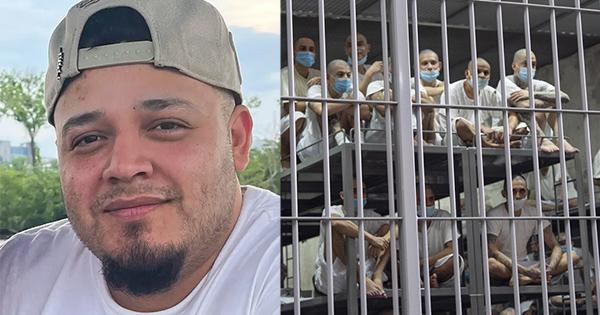
Nationwide — The Trump administration’s aggressive immigration crackdown is under renewed scrutiny after officials mistakenly deported Kilmar Armando Abrego Garcia, a Salvadoran man living legally in Maryland, to a notorious prison in El Salvador. Abrego Garcia, who had been granted protected status, should never have been removed from the United States, but was wrongly placed on a deportation flight as part of a broader campaign to expel suspected gang members. His case has become a flashpoint in a growing controversy over the administration’s rushed enforcement tactics and reliance on outdated legal frameworks like the Alien Enemies Act of 1798.According to CNN, federal agents claimed to have thoroughly vetted each deportee, but errors have continued to surface. In Abrego Garcia’s case, the White House later admitted the deportation was a “clerical error,” and ICE officials acknowledged that he had simply moved up the flight list after others were removed. Immigration advocates argue that this mistake highlights systemic flaws in how removal decisions are made, particularly as deportees are being sent to El Salvador’s infamous Cecot mega-prison.
Trump’s top immigration official, Tom Homan, defended the deportations by insisting they were targeting violent criminals from gangs like MS-13 and Tren de Aragua. Homan said intelligence from social media, surveillance, and informants justified the removals—even if some individuals lacked formal criminal records. Still, some deportees were sent back to the U.S. after arriving in El Salvador, with officials there refusing to accept certain individuals, including women and detainees from countries outside the deportation agreement.
Judges have begun weighing in, expressing concern about the legality and ethics of these deportations. A federal judge recently ordered the release of a Venezuelan man who narrowly avoided being placed on one of the flights. U.S. District Judge James Boasberg is also reviewing whether the administration misled him about the mid-March deportation flights. In court, Boasberg questioned the government’s rush to deport people and whether due process was sacrificed in the process.
Legal advocates have raised alarms that many deportations are based on flimsy or misinterpreted evidence, such as tattoos that may be linked to gangs—or simply represent soccer fandom. One judge at a recent appeals court hearing warned that the administration’s process was so flawed, anyone—including herself—could be mistakenly identified as a gang member and deported without a hearing. These concerns have intensified as parts of the case are now being reviewed by the Supreme Court.
Meanwhile, more stories have emerged of confusion and mismanagement. One Venezuelan woman reported being flown to El Salvador only to be returned because Cecot would not accept female detainees. Another man was rejected because he was from Nicaragua, a country not included in the agreement. ICE attorneys have struggled to explain the whereabouts of some deportees in court, prompting judges to reschedule hearings. Lawsuits, including one on behalf of Abrego Garcia, are now underway to challenge the administration’s handling of the deportations and the sweeping authority it has claimed under the Alien Enemies Act.
